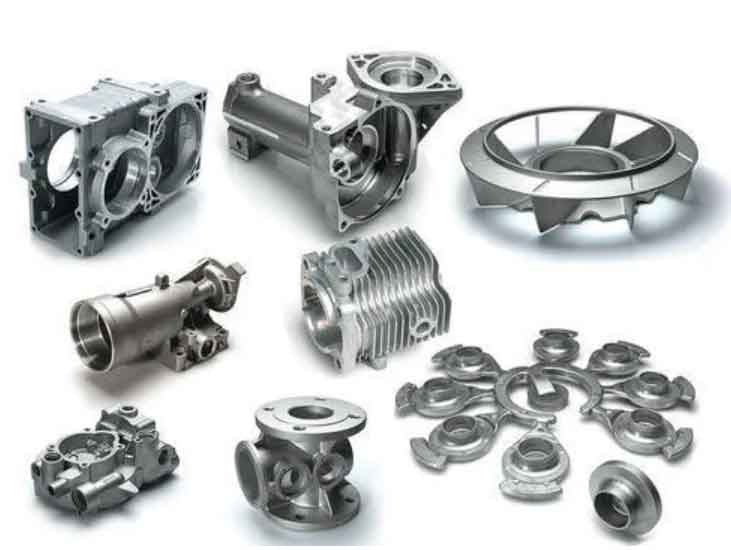Grey cast iron is a widely used material in modern engineering due to its versatility, excellent mechanical properties, and cost-effectiveness. Its characteristics make it a backbone in various industries, including automotive, construction, machinery, and more. Here are some key aspects that highlight the importance of grey cast iron in modern engineering:

- Versatility in Applications: Grey cast iron can be found in a diverse range of applications, from engine blocks and cylinder heads in automotive engines to pump housings, valve bodies, and machinery components. Its adaptability to various casting shapes and sizes allows for complex and intricate designs.
- High Strength and Durability: Grey cast iron possesses good compressive strength and excellent wear resistance, making it ideal for components that undergo constant loading and friction. Its ability to withstand heavy loads and resist wear and tear contributes to the longevity of machinery and equipment.
- Damping Properties: Grey cast iron has superior damping properties, meaning it can absorb and dissipate vibrations and noise. This feature is valuable in applications where noise reduction and vibration control are critical, such as in engine blocks and machine bases.
- Thermal Conductivity: Grey cast iron has good thermal conductivity, which helps dissipate heat effectively. It is used in applications where thermal stability and efficient heat dissipation are essential, such as in brake discs and industrial heat exchangers.
- Cost-Effectiveness: Grey cast iron is relatively inexpensive compared to other engineering materials like steel or aluminum. Its cost-effectiveness makes it a preferred choice for mass-produced components, especially in automotive and construction industries.
- Ease of Machining: Grey cast iron has good machinability, making it easy to machine into complex shapes and precise dimensions. This characteristic simplifies the manufacturing process and reduces production costs.
- Corrosion Resistance: Grey cast iron exhibits good corrosion resistance in certain environments, making it suitable for applications in which components are exposed to mildly corrosive conditions.
- Recyclability: Grey cast iron is a highly recyclable material. Its scrap can be melted down and used to produce new castings, contributing to sustainable manufacturing practices.
- Design Flexibility: Grey cast iron allows for flexibility in design due to its excellent fluidity during casting. It can be cast into intricate shapes and features without compromising structural integrity.
- Large Production Volumes: Grey cast iron can be produced in large quantities with relative ease, making it a preferred material for high-volume production needs.
Grey cast iron’s combination of strength, versatility, damping properties, and cost-effectiveness makes it a fundamental material in modern engineering. Its reliability and wide range of applications have solidified its position as a backbone in various industries, contributing to the development and progress of modern society.
